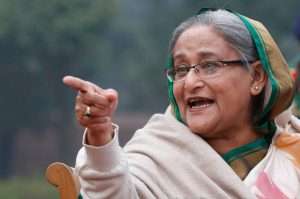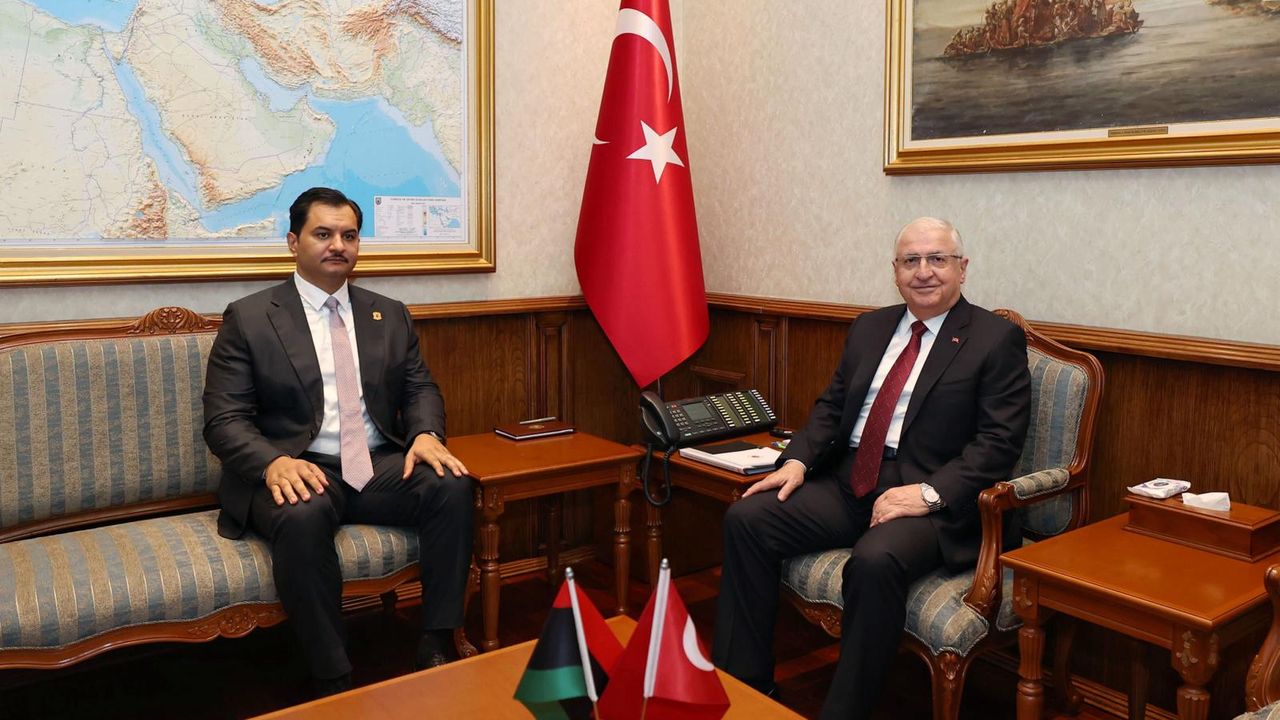Libyan leaders convene for crucial talks on electoral laws
/cloudfront-us-east-2.images.arcpublishing.com/reuters/VOW7J37FEZKKVC4HDUKQON34TU.jpg)
Libyan leaders were set to meet on June 6th in Morocco to finalize details regarding new electoral laws, though any agreements are sure to trigger opposition and delay the political process further, according to Reuters.
Since the 2011 uprising that ousted Muammar Gaddafi, Libya has experienced ongoing instability. In 2014, the country split into eastern and western factions, leading to a territorial division. Efforts for peace have centered around organizing national elections to establish legitimate governing institutions.
The House of Representatives (HoR) was elected in 2014, while the High State Council (HSC) was formed in 2015. In 2021, the Government of National Unity, led by Prime Minister Abdulhamid al-Dbeibah and recognised by the UN, was established temporarily until planned national elections could take place. However, the December 2021 election was canceled due to disputes over the rules, resulting in both the HoR and HSC rejecting the legitimacy of Dbeibah’s government in Tripoli.
READ: Libya’s GNU airstrikes city of Zawia
Regarding the June 6th discussions House of Representatives (HoR) head Aguila Saleh and High State Council (HSC) head Khaled al-Mishri were hoping wrap up an agreement soon, but 61 HoR members and some HSC members have already objected to the way their leaders have been negotiating their agreement, and are said to be planning to oppose its ratification.
The challenges of agreeing on how the Libyan government will be run are not new, and fundamental issues like deciding the role of a president, the role of a parliament, and the eligibility for divisive candidates to run, are key points of debate.
A 2015 political agreement also signed in Morocco called the Skirrat Agreement, stating that any new constitutional rules or changes in government must be approved by both bodies is also further complicating reaching a solution.
Reuters
Want to chase the pulse of North Africa?
Subscribe to receive our FREE weekly PDF magazine













